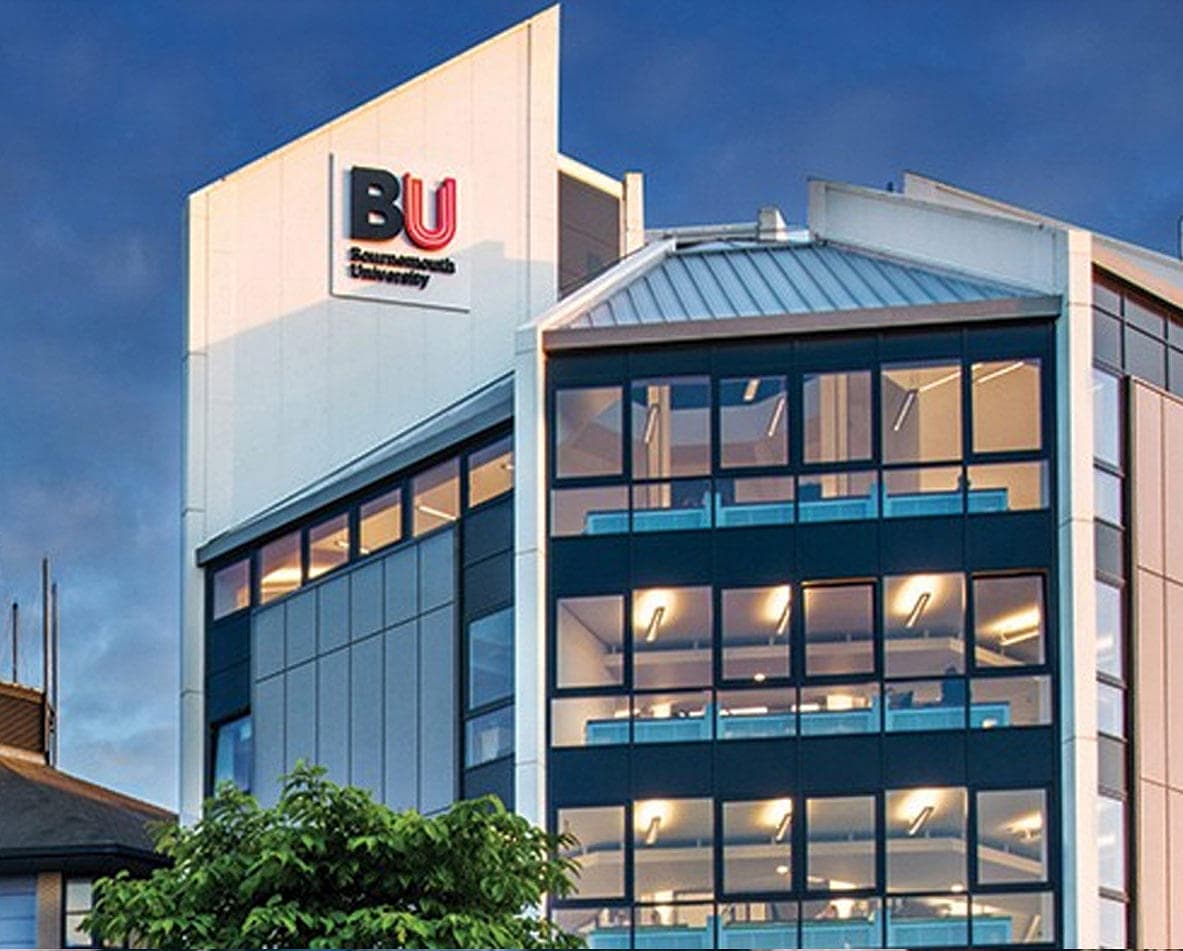Course details
On this course you will usually be taught by a range of staff with relevant expertise and knowledge appropriate to the content of the unit. This will include senior academic staff, qualified professional practitioners and research students. You will also benefit from regular guest lectures from industry.
How you will be assessed
You will be assessed by coursework culminating in your final year research project, and you will also undertake group work and written exams. The assessment methods for each unit can be found in the programme specification for your course.
Year 1
Screen Studies 1: During this unit you'll be encouraged to understand and reflect upon the changing field of ideas, concepts and contexts that have shaped the development of contemporary film and television.
Professional Development Plan: Research a particular area of industry practice, with a view to developing your own individual career path.
Film Craft Principles: This unit introduces you to key technical, craft and creative skills relating to film production and cinematography, and safe and professional working practices.
Production Principles: Develop your understanding of key production and creative skills required for the safe and effective management of a film production.
Creative Storytelling: Explore narrative forms in both drama and documentary film making.
Collaborative Project: In a group you'll create a production of a narrative film through which you'll develop an understanding of a wide range of technical and production skills.
Year 2
Screen Studies 2: Building on the knowledge and skills from year 1, you'll become more independent in your studies and will have the opportunity to pursue your own research interests using appropriate methodologies, which may become the foundation of your final year project.
Production Portfolio: Working across a number of production projects in a variety of roles, you'll further develop the creative, technical, craft and production skills introduced in the first year. You'll also critically reflect upon your work and select and present your strongest projects in a portfolio.
Film Specialisms: You will agree a series of tasks and exercises with tutors to develop your skill, knowledge and understanding in a chosen area. This could include directing, producing, cinematography, editing, production management, script writing, sound recording, sound design and other approved areas.
Investigating Industry: Using appropriate primary and secondary research methods you'll conduct in depth research into a particular organisation or individual within the contemporary film industry and critically examine their position within a continually changing media landscape.
Negotiated Project: During this unit you'll have the opportunity to complete a production project of your own choosing bringing together production and cinematography skills, film theory and critical reflection.
Placement Year
A minimum four-week placement or optional 30-week placement, designed to develop your abilities and understanding of the workplace. It also provides a platform for successful entry into the workplace following graduation.
Final Year
Concept Development: Development of a film project and accompanying marketing and distribution strategies. This experience will initially grow through a work placement you will undertake.
Graduate Project: Production of a film including the implementation of marketing and distribution strategies. You will need to demonstrate knowledge of industry-standard production techniques and cinematography skills, you will also need to recruit and manage a team of people to produce a minor film project.
Professional Contexts: This unit provides you with the opportunity to improve your employability through an industry work placement and the development of a real world marketing, distribution and exhibition strategy, which may be related to your Graduate Project.
Research Project: You'll produce a significant piece of written academic work on a topic of your choice, and develop and demonstrate high level skills in research, critical thinking, analysis and academic debate. The dissertation must have a 10,000-word equivalence but the exact content and style will be agreed with your supervisor and will depend on the subject and approach taken.
